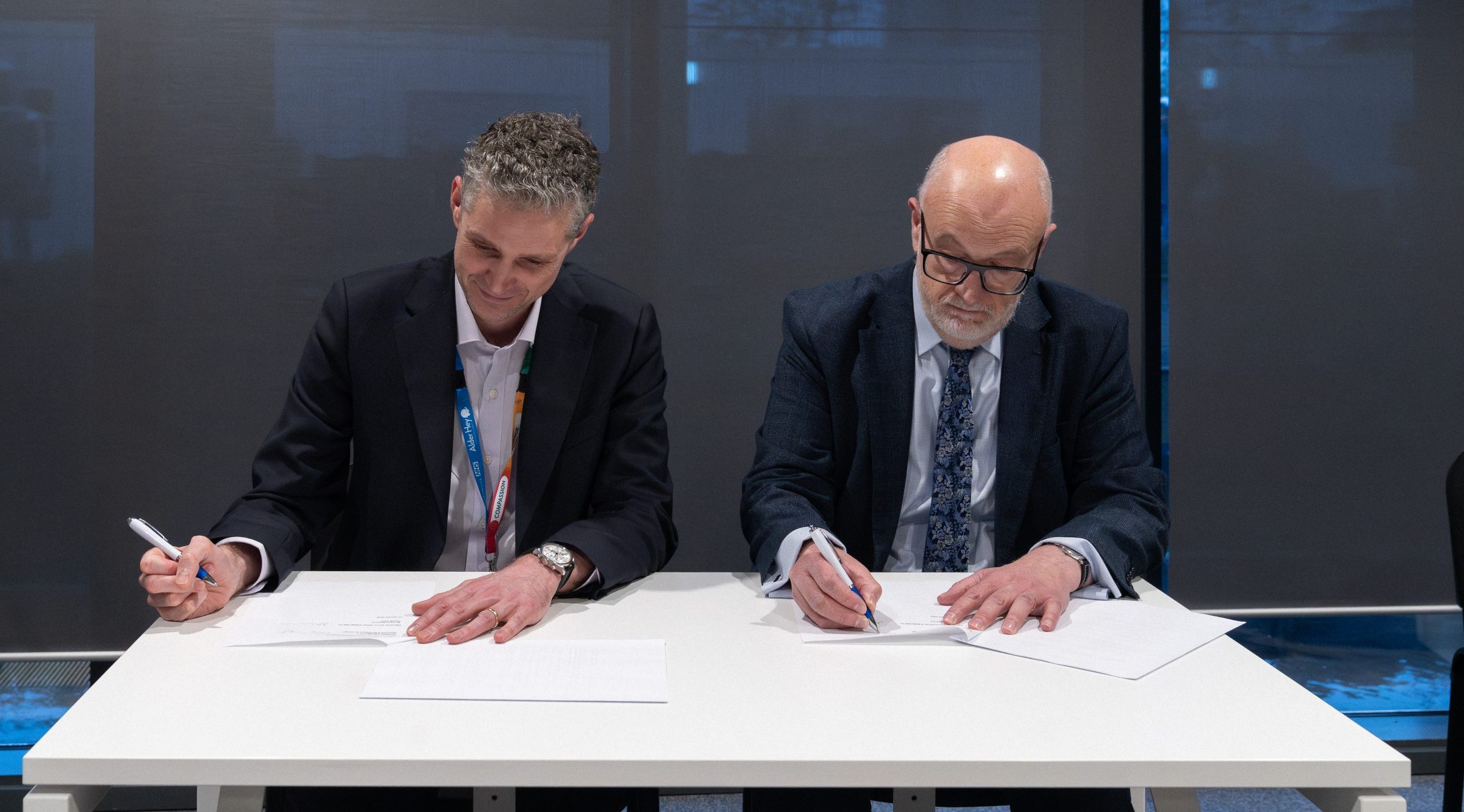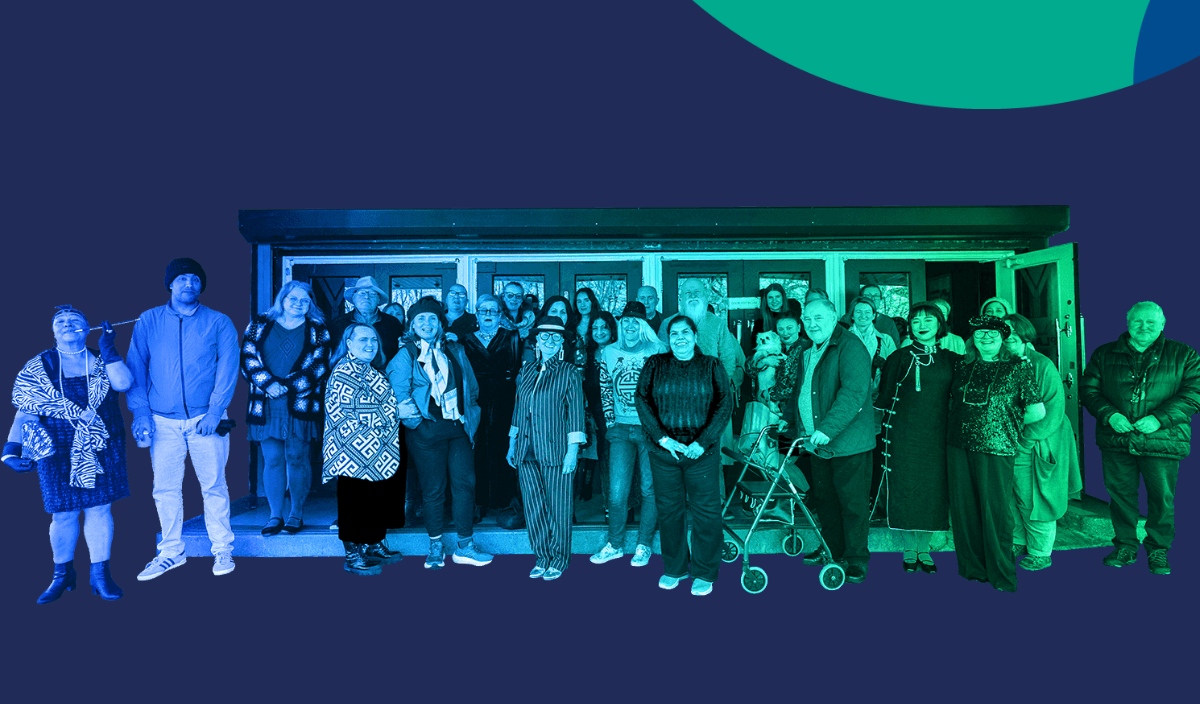Liverpool Head and Neck Centre Awarded Five Cancer Research Grants Totalling £5.7M
Liverpool Head and Neck Centre (LHNC) academics based at the University of Liverpool are leading on five new cancer research projects supported by £5.7m in funding.
These grants include clinical trials, laboratory investigations and exploring the interaction between head and neck cancer and SARS-CoV-2, the virus responsible for the COVID-19 pandemic.
This remarkable achievement is noteworthy during a period of concern about a paucity of research funding for Russell Group Universities. LHNC was created in 2018 as a partnership between University and NHS partners Liverpool University Hospitals NHS Foundation Trust, The Clatterbridge Cancer Centre NHS Foundation Trust and The Walton Centre NHS Foundation Trust, in order to facilitate treatment and research of diseases of the head and neck. Head and neck cancer is the 8th most common cancer in the UK and 6th most common globally.
The five projects are as follows:
• Realizing the radiobiological impact of protons and high-LET particles in head and neck cancer and glioblastoma models (NIH): To examine the biological impact of proton beam therapy in head and neck, but also adult brain, cancer cells and to devise effective strategies for tumour cell killing leading to a future improvement in patient response.
• Novel insights into the cellular response to complex DNA damage induced by proton beam therapy(MRC): To determine the effect of proton beam therapy on head and neck cancer cells at the DNA level, leading to future optimal treatments for head and neck cancer patients.
• PATHOS-T: Bioresource collection associated with PATHOS: A Phase III trial of risk-stratified, reduced intensity adjuvant treatment in patients undergoing transoral surgery for Human papillomavirus (HPV)-positive oropharyngeal cancer (Cancer Research UK): To explore the biology of Human papilloavirus mediated head and neck cancer in association with the PATHOS clinical trial.
• RAPTOR: Randomised Controlled Trial of PENTOCLO in Mandibular Osteoradionecrosis(NIHR): The first randomised trial of a combination of repurposed drugs (PENTOCLO) versus control to discover their effectiveness in treatment of late radiation effects on the lower jaw.
• SARS-CoV-2-reactive tissue-resident memory T cells in healthy and cancer subjects (NIH): Does SARS-CoV-2 infection result in the generation of robust T cell response, and in head and neck mucosal tissues, and to what extent is this impaired in cancer?
The research arm of LHNC is chaired by Professor Richard Shaw, who stated: “Large research grants are hard to secure in the current highly competitive funding environment, so to see five be awarded all at once is very rewarding. It is fantastic to see the infrastructure we have put in place bearing fruit, and promising for future advances in treatment of head and neck cancer.”
Professor Terry Jones, Director of LHNC, said: “The vision of LHNC has always been to embed translational research seamlessly into gold standard clinical care with the aim of improving the outcomes of head and neck cancer patients. This is of particular relevance in Liverpool which has a high level of socio-economic disadvantage and a disproportionateincidence of, and mortality from, head and neck cancer. This academic/ NHS synergy is now reaping considerable rewards in terms of research grant funding and we expect meaningfulbenefits for our patients to follow.”
LHNC is part of the newly established Liverpool Cancer Research Institute (LCRI), which functions as a translational research engine in which clinical themes provide a bi-directional conduit linking fundamental science, experimental medicine and clinical research. The LCRI encompasses all cancer research activity with UoL and all translational research in CCC. Find out more https://www.liverpool.ac.uk/liverpool-cancer-research-institute/about/




